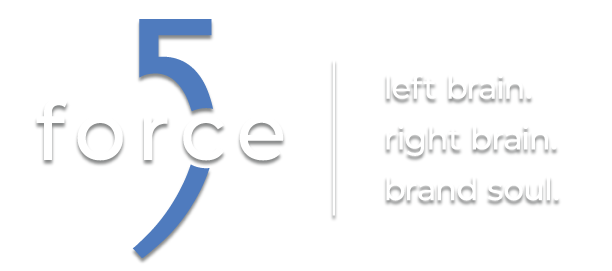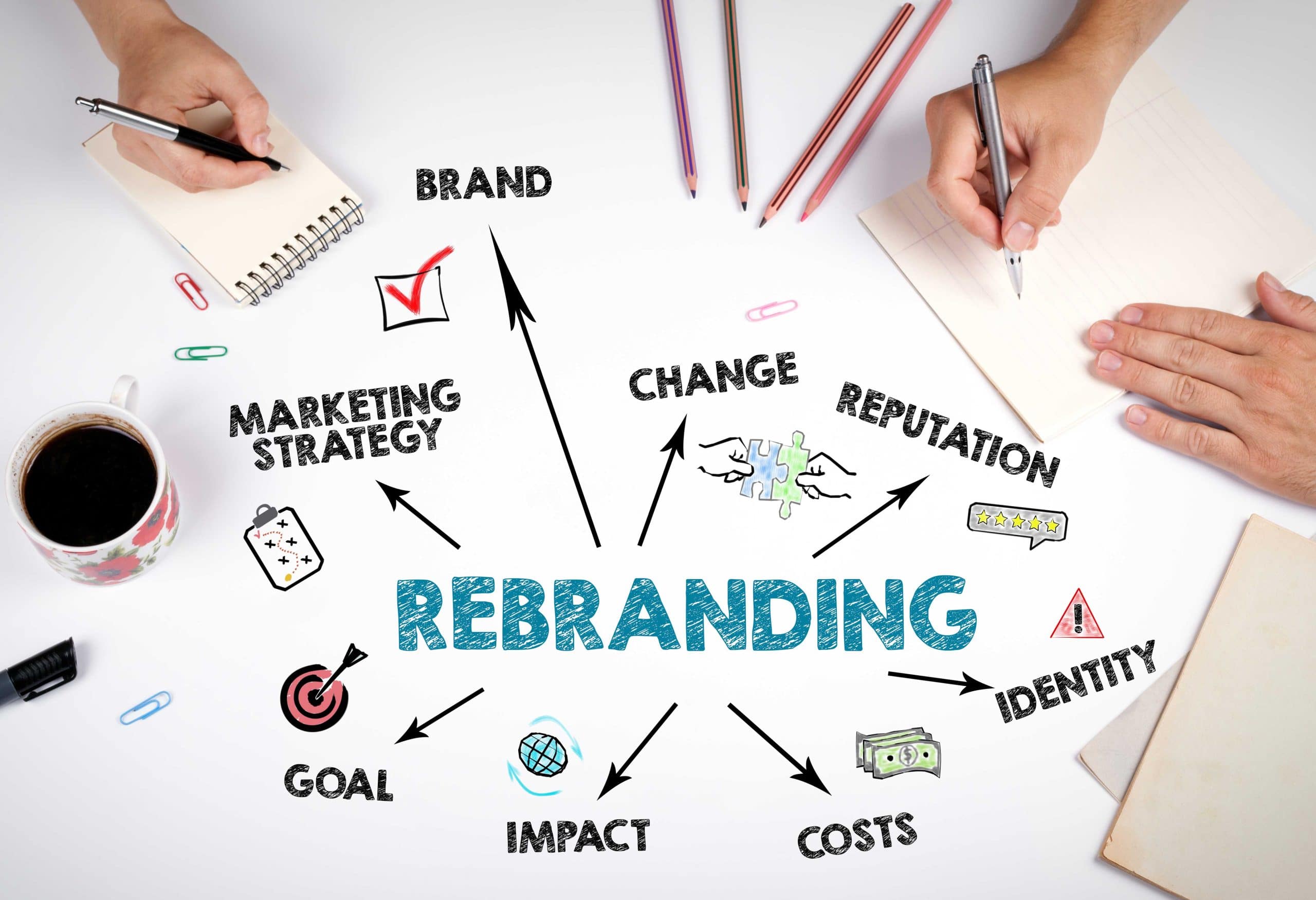Picture the scene. I’m driving into town toward the University of Notre Dame campus on my way to our offices at Force 5. It’s a beautiful morning. The weather’s perfect. As usual, there is a lot of morning traffic. I stop at an intersection where there is a wonderful digital billboard. As I sit in my car sipping my morning coffee, I watch the steady and captivating rotation of advertisements. I see well-designed, graphical ads for local hospitals, prominent banks, respected physicians, and in the mix … I see an ad with a picture of a scary-looking individual that reads, “WANTED! FOR MURDER.” Hmmm.

Maybe you’ve seen Crime Stoppers ads on billboards, too. Before I comment further I have to say this: I love Crime Stoppers and the work they do to protect our community. Also, I need to say this: I have tremendous respect for Burkhart Advertising, an outdoor advertising and marketing firm here in South Bend; they do tremendous work.
However, from a marketing perspective, I have questions about this particular strategy. Yes, the placement of this ad caught my attention. Yes, it made me aware of someone in our community who could harm my family. And yes, this ad may actually expedite the killer’s arrest.
But, as Newton stated: “For every action, there is an equal and opposite reaction,” and this is true for marketing as well.
In South Bend, a city that is deparately attempting to attract businesses and good-paying jobs, (which some social scientists consider to lower crime in communities) its important to consider what this billboard communicates to tourists and investors on their way to visit our landmark University and the surrounding community?
Is it: “Boy, I’m glad these people are addressing crime and making this place safer.” Or “Boy, this city has a real murder problem. Better not move here. Next town, please.”
What about the other companies whose ads appear just before and just after the felon’s picture? Companies spend a lot of money to associate good feelings with their brands. It can be tough when someone thinks to himself: “Ah, it’s a heart surgeon.” And eight seconds later: “AGH! It’s a murderer!” Probably not the best brand association; at least for me anyway.
This is a tough, moral marketing dilemma. What are your thoughts?



